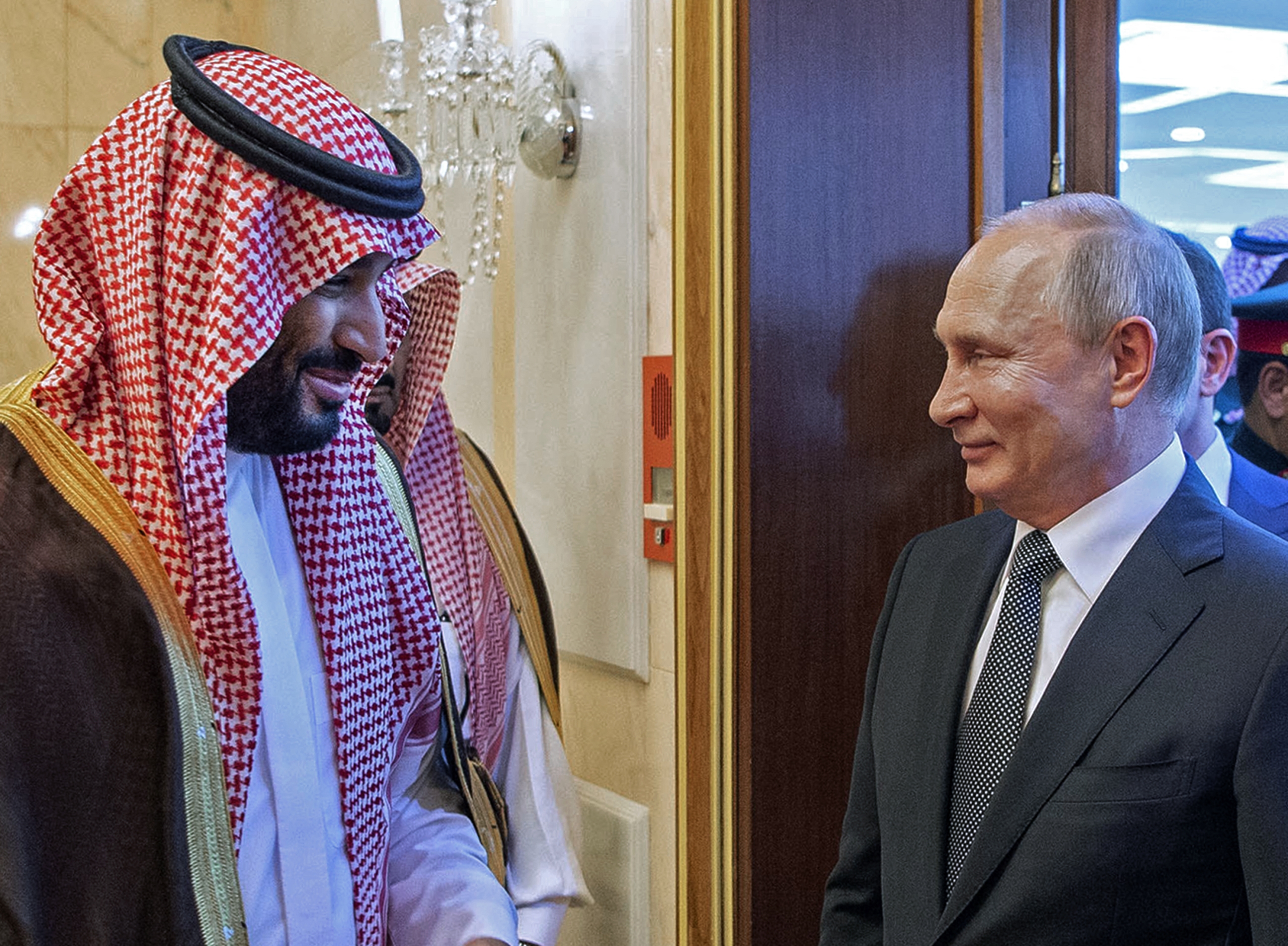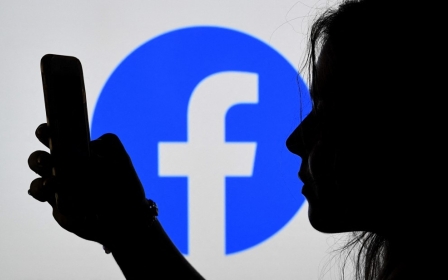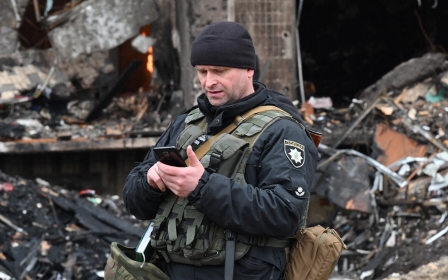Russia, Iran and Saudi Arabia worst countries for state-sponsored Twitter disinformation

Russia, Iran and Saudi Arabia are the three most “prolific perpetrators” of state-linked disinformation on Twitter, according to a new report.
The Australian Strategic Policy Institute (ASPI), which receives funding from the US and Australian governments, published its Understanding Global Dinsinformation and Information Operations report on Wednesday, analysing publicly available data on online campaigns peddled by state actors.
The report was accompanied by a website that provided analysis on 17 countries with inauthentic networks taken down by Twitter over recent years.
China and Venezuela completed the top five perpetrators, in a dataset that included Turkey, Egypt and the United Arab Emirates.
Spain was the only western nation included, with any perpetration of disinformation by the United States, United Kingdom and others not analysed.
Russian disinformation on Syria
The analysis found that Russian networks, consisting of 5,000 accounts, had been taken down by Twitter on eight occasions between October 2018 and March 2021.
The vast majority of Russia-linked campaigns mentioned the United States more than any other country, with hot topics including former president Donald Trump’s “Make America Great Again” slogan, the QAnon conspiracy theory and anti-Islam sentiments.
It also found that Russian networks attempted to undermine Nato to audiences in Europe, discredit Ukrainian leaders and promote the Kremlin’s foreign and military policy in Syria.
Several of the campaigns tweeted misinformation about the ongoing Syrian conflict, including doctored images and videos attempting to discredit the White Helmets volunteer group.
The networks sought to create a narrative in which Russia was providing humanitarian aid in Syria, while the US was demonised as an “imperialist power colluding with terrorist organisations to destabilise the region”.
Iran-backed accounts sow divisions abroad
Twitter removed seven networks, involving 8,211 fake profiles, it believed were associated with Iran’s government between November 2019 and March 2021.
Since Twitter is banned in Iran, most of the disinformation networks attempted to influence global perceptions of Tehran and "stir up divisions in rival countries".
The campaigns amplified the Black Lives Matter movement, waded in on the US presidential debates and expressed support for Houthi fighters in Yemen. They also tackled topics related to Pakistan, Palestine, Israel and Syria.
ASPI noted that Iranian-backed fake personas were “sometimes convincing, well-rounded characters” who appeared to be local people concerned with specific issues. These included a fake New York-based political analyst and a Bollywood parody account.
Saudi campaigns target Qatar
Saudi Arabia had four state-linked disinformation networks taken down between October 2019 and January 2020, with over 11,000 Twitter accounts involved.
Much of the Saudi networks’ rhetoric revolved around Qatar, during the three-and-half-year Saudi-led blockade of Doha by Bahrain, the UAE, and Egypt launched in June 2017.
Accounts linked to Saudi state-run media discredited Doha and accused it of supporting the Muslim Brotherhood, and also impersonated Qatari figures including members of the royal family.
The campaigns also promoted the idea that Turkey was fuelling the conflict in Libya, and amplified pro-government lines about the war in Yemen and the murder of Middle East Eye and Washington Post columnist Jamal Khashoggi.
Turkey, UAE and Egypt-linked accounts removed
Turkey was also singled out in the report, with 7,340 inauthentic accounts removed in July 2019.
Twitter linked these accounts with the youth wing of the ruling Justice and Development Party (AKP), which used the network to amplify support for President Recep Tayyip Erdogan, and to discredit the AKP’s domestic political opponents and Turkey’s geopolitical rivals.
The UAE also had a network of 4,248 accounts removed in 2019, with most of the tweets demonising Qatar, the Houthis and Iran.
In Egypt, a network of 2,541 accounts, inked to the Egyptian news agency El Fagr, was removed in May 2020,
The fake accounts spread negative messages about Iran, Qatar and Turkey, and were taking direction from Egypt’s government, according to Twitter.
Middle East Eye propose une couverture et une analyse indépendantes et incomparables du Moyen-Orient, de l’Afrique du Nord et d’autres régions du monde. Pour en savoir plus sur la reprise de ce contenu et les frais qui s’appliquent, veuillez remplir ce formulaire [en anglais]. Pour en savoir plus sur MEE, cliquez ici [en anglais].





